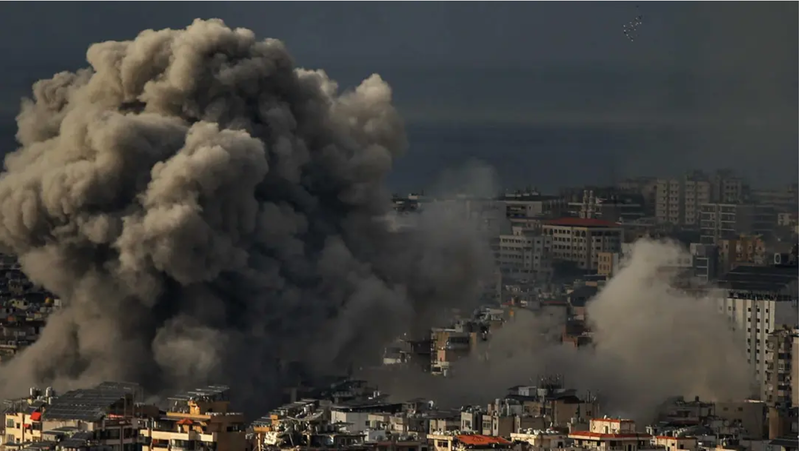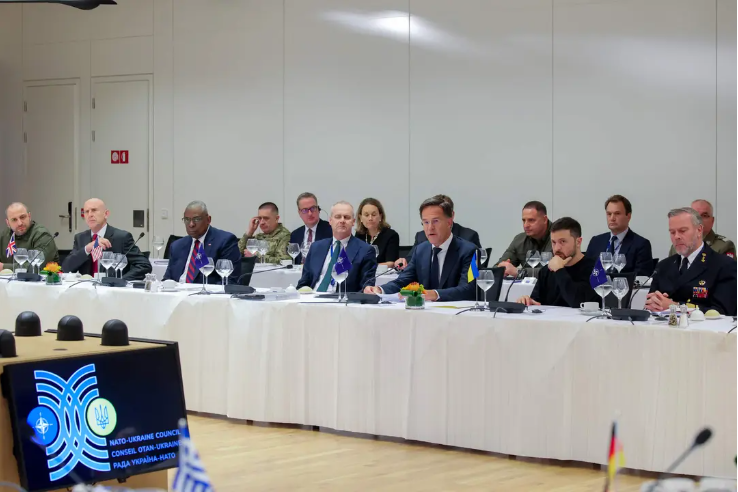Bosnia: NATO Chief Concerned About Secessionist Rhetoric, Russian Influence
NATO Secretary General Jens Stoltenberg warned about risks for Bosnia-Herzegovina from secessionist rhetoric and foreign interference, particularly from Russia as Bosnian Serb leaders have increasingly expressed their intent to split away and join neighboring Serbia. The remarks came on Monday....

Facts
- NATO Secretary General Jens Stoltenberg warned about risks for Bosnia-Herzegovina from secessionist rhetoric and foreign interference, particularly from Russia as Bosnian Serb leaders have increasingly expressed their intent to split away and join neighboring Serbia. The remarks came on Monday.1
- Stoltenberg, who is on a two-day visit to Sarajevo in a Balkan tour, further reasserted the alliance's commitment to the stability and security in the country and the region, as well as to Bosnia's sovereignty and territorial integrity.2
- This statement comes days after the US Treasury placed sanctions on multiple individuals and entities to contain Russian influence in the Balkans, including two politicians directly linked to the leader of Bosnia's Serb-majority Republika Srpska, Milorad Dodik, who himself is already under US sanctions.3
- Meanwhile, Ukraine's Volodymyr Zelenskyy has claimed that the Kremlin is planning to stoke tensions in the Balkans to distract from its alleged military setbacks in Ukraine. Russia maintains significant influence in the region, particularly among ethnic Serb communities.4
- Since the outbreak of the Ukraine war, NATO has ramped up its support for the Balkan country that has been in its Membership Action Plan for more than a decade. This year, the alliance endorsed a new Defense Capability Building package for the country.5
- Bosnia was divided roughly into two largely autonomous regions in the aftermath of the 1992-1995 Bosnian war under a US-brokered peace agreement — one run by Bosnian Serbs and the other by mostly Muslim Bosniaks and Bosnian Croats.6
Sources: 1Reuters, 2N1, 3VOA, 4FOX News, 5Euractiv and 6Associated Press.
Narratives
- Establishment-critical narrative, as provided by RT. It's the West, particularly the US, that has been pushing Bosnia's Republika Srpska for independence, as Washington insists on old imperialist tricks to bully pro-Russian politicians and to force them to recognize a non-approved high example in Sarajevo that has sought to empower a central government.
- Pro-establishment narrative, as provided by Foreign Affairs. Tensions across the Balkans have recently mounted to the brink of a military confrontation, as Russia has resorted to its longtime ally Serbia to open another front in Europe and test Western commitment to that region. Though many NATO allies may want not to divert focus from Ukraine by now, a swift decisive action to address ongoing crises in the Balkans is needed to prevent further problems and costs.






